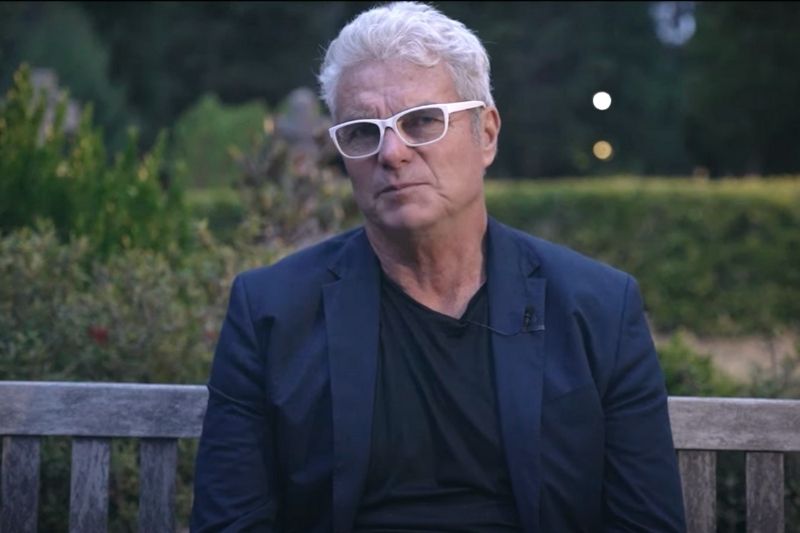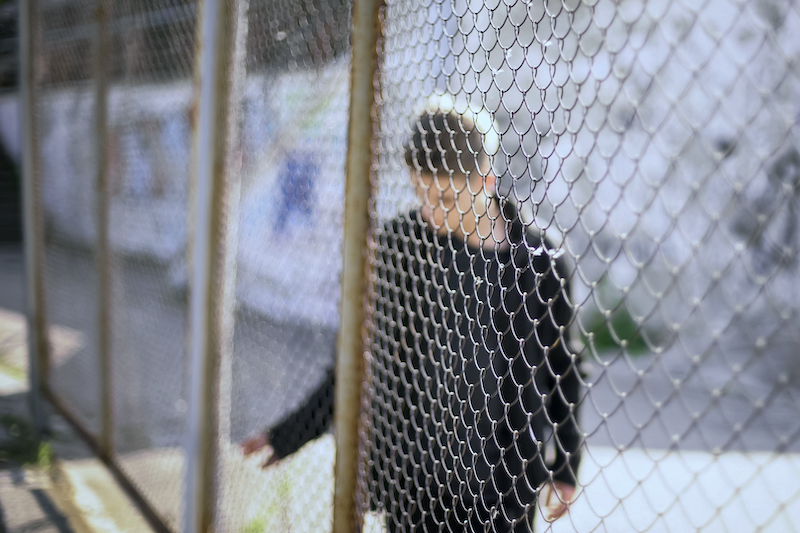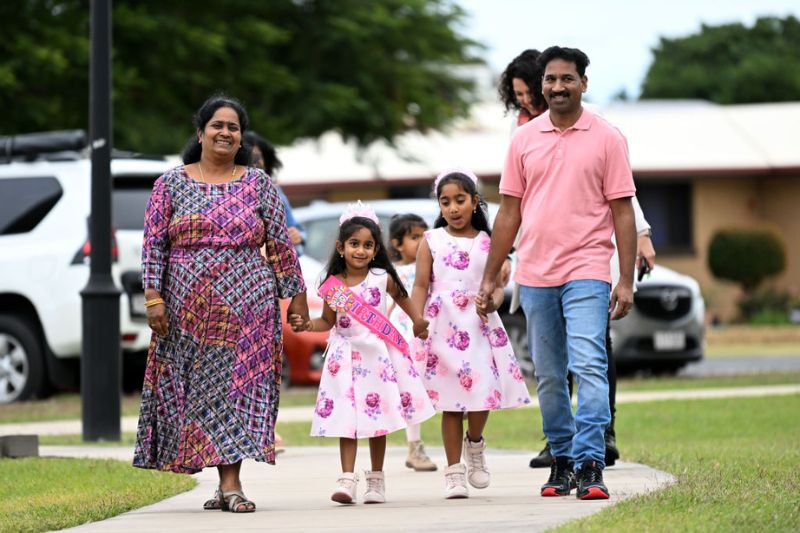Keywords: Criminal Responsibility
There are more than 24 results, only the first 24 are displayed here.
Become a subscriber for more search results.
-

AUSTRALIA
- Binoy Kampmark
- 30 November 2023
3 Comments
Charged with breaching national security for exposing alleged war crimes by Australian forces in Afghanistan, former Australian military lawyer David McBride's trial in Canberra rekindles a debate that tests the boundaries of military obedience and public interest. At the heart of this legal battle lies the question: when does the duty to expose wrongdoing outweigh the duty to follow orders?
READ MORE
-

AUSTRALIA
- Binoy Kampmark
- 09 November 2023
1 Comment
Next week, former army lawyer David McBride will face trial, accused of leaking classified defence information. Meanwhile, the prospect of meaningful whistleblower reforms that would shield Australian public servants who contemplate exposing wrongdoing through the media seems remote.
READ MORE
-

AUSTRALIA
- Andrew Hamilton
- 07 September 2023
4 Comments
On the face of it, the decision of the Queensland Government to pass an amendment to permit holding children in police cells was a desperate and discrediting action. Underneath it, however, was a complex coming together of events, prejudices and attitudes.
READ MORE
-

AUSTRALIA
- Kerry Murphy
- 28 July 2023
How has Australia's asylum seeker policy changed over the past thirty years? The approach of every government has reflected the shifting political landscapes and challenging humanitarian issues that have continually shaped Australia's response to those seeking refuge.
READ MORE 
-

AUSTRALIA
- David Halliday
- 17 July 2023
In the aftermath of the Robodebt scandal, an unsettling public apathy has emerged. Beyond exposing the pitfalls of automated welfare and demanding accountability, the response — or lack thereof — spotlights a worrying indifference towards the disenfranchised.
READ MORE 
-

AUSTRALIA
- Andrew Hamilton
- 20 June 2023
5 Comments
Observing World Refugee Week and the Referendum on the Voice to Parliament together is appropriate because the First Peoples and later refugees have suffered in similar ways. Jordana Silverstein's latest book draws striking parallels between Australia's colonial past and the modern treatment of refugee children.
READ MORE
-

AUSTRALIA
- David Halliday
- 19 May 2023
In a conversation with Eureka Street, investigative journalist Nick McKenzie explores the drivers of human trafficking and sex slavery, examining the intertwined roles of law enforcement, the sex industry, and the migration sector in one of the most pressing social justice issues of our time.
READ MORE 
-

AUSTRALIA
- Andrew Hamilton
- 04 May 2023
1 Comment
When is a child fully responsible for their actions? The State Attorneys General have met to seek agreement on raising the age of criminal responsibility to 12, provoking questions around whether children can be held fully accountable for their actions at such a young age, and whether the criminal justice system needs to focus on rehabilitation over punishment.
READ MORE
-

INTERNATIONAL
- Binoy Kampmark
- 27 April 2023
With the prosecution of low-level soldiers like SAS trooper Oliver Schulz for war crimes in Afghanistan, we should consider: what is the scope of accountability for war crimes under international and Australian law, and how does it apply to commanders who should have known about the crimes?
READ MORE
-

ARTS AND CULTURE
- Andrew Hamilton
- 10 April 2023
In a secular society the fast that preceded Easter has disappeared, but Easter remains a time of celebration. Celebrations recognise happy times and happy events, often marking the end of hard times. The message of Easter remains: that hope can spring up and new life can grow in apparently barren places.
READ MORE 
-

AUSTRALIA
- David Halliday, Michael McVeigh, Laura Kings, Michele Frankeni, Andrew Hamilton, Julian Butler
- 21 December 2022
2 Comments
To close the year for Eureka Street, the editorial team wanted to nominate who we considered to be the Eureka Street ‘person of the year’ based on who we think somehow embody Eureka Street values.
READ MORE 
-

INTERNATIONAL
- Stephen Minas
- 23 May 2022
3 Comments
‘We removed him from the mausoleum’, wrote the Soviet poet Yevgeny Yevtushenko. ‘But how do we remove Stalin from Stalin’s heirs?’ The poem was published in 1962 but it’s still a good question. Today one of Stalin’s heirs commands a barbaric war against Ukraine with the enthusiastic cheerleading of another such heir – the leader of the Moscow Patriarchate reestablished by Stalin.
READ MORE 